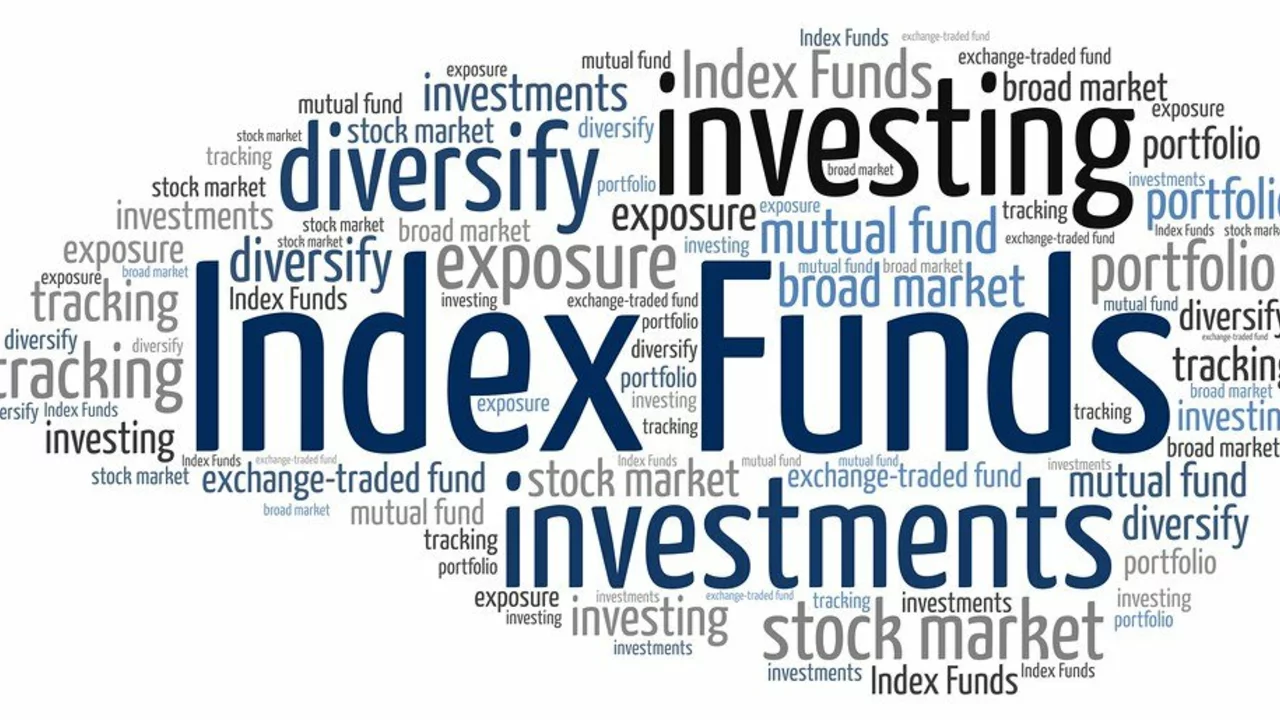
Introduction to ETFs: A Condensed Course
Before we dive straight into the heart of the matter, allow me to set the stage. Imagine you're sitting at home, right? Perhaps you're sipping on some hot chai, the rain pelting the windows, and Finn, my ever-enthusiastic Cocker Spaniel, pawing at you sporadically, demanding attention. Or maybe you're just curling up with a good book, while Mabel, my Maine Coon, elegantly sprawls herself across your manuscript.
Amid all this, the thought suddenly arises in your mind, what if there was an exciting new way to invest, something that combines the best of both worlds? Stocks and funds all rolled up neatly into one package. You shrug it off, thinking it's probably a dream. But let me assure you, it's not! This dream scenario is a reality, and it goes by the name of ETFs, or Exchange-Traded Funds.
The ABCs of ETFs: Simplifying the Complex
ETFs, my friends, are like the Swiss army knife in the world of finance. They're versatile, handy, and depending on how you use them, excessively sharp. But what exactly are they, you ask? Well, an ETF is essentially a type of security that involves a collection of securities—like stocks—that often tracks an underlying index.
The beauty of ETFs lies in their ability to be traded on an exchange like a common stock. So, they have all the flexibility of a stock and the diversity of a fund. Cool, right? Plus, the price of an ETF’s shares changes throughout the trading day as the shares are bought and sold on the market. If that doesn’t spell F-U-N in the world of investing, I genuinely don’t know what does.
Unpacking ETFs: Understanding Types and Categories
Is there just one size fits all when it comes to ETFs? Absolutely not! ETFs come in all shapes and sizes – index ETFs, industry ETFs, bond ETFs, commodity ETFs, currency ETFs, and they're much like shoes – you can pick one that complements your investment outfit.
Oh, and let's not forget the inverse ETFs (betting against the market) and leveraged ETFs (using debt to amplify returns). While these exotic ETFs might seem exciting, keep in mind that with bigger rewards often come bigger risks. Always remember the words of Warren Buffet, "Risk comes from not knowing what you're doing."
Why Choose an ETF? The Benefits Unveiled
Okay, so why would you go for ETFs when there are tons of other investment options out there? Well, for one, they offer the diversity of a mutual fund but at a cost that's usually lower. Lower expense ratios mean you get to keep a higher share of your gains – now that’s what I call a win-win!
The higher the risk, the higher the potential return - or so goes the old investing adage. But guess what? ETFs often come with a lower risk compared to individual stocks, thanks to their diversified holdings. Remember, the concept of not keeping all your eggs in one basket? Well, ETFs take that principle to heart.
Demystifying Trading of ETFs in India
You must be wondering, that's all great, Kieran, but can I trade these in India? Well, absolutely yes! You can trade ETFs in India just like you do with any Indian stock. All you need is a Demat and a trading account, and you're all set to taste the adrenaline rush of ETF trading.
India has a robust and evolved ETF market, thanks to the Indian government's focus on promoting ETFs, especially as a popular means to divest its holdings in several public sector enterprises. So yes, India is more than on-board in the ETF train—it's enthusiastically steering it!
How to Trade ETFs in India: A Step-By-Step Guide
Okay, all this theoretical stuff is mighty fine, but how do you actually get down to buying and selling these? Let me guide you step by step. First, you need to open a Demat and a trading account, as I mentioned earlier. Choose a reputable broker, and don’t forget to read the fine print.
The next step is to dig in and research: find out the various ETFs that are listed on the Indian stock exchanges. Choose one that matches your investment needs and style. Are you a risk-taker, or are you risk-averse? Bear in mind that the thumb rule of investing always applies – invest according to your risk-taking ability, financial goals, and do not forget to diversify.
Timing: When to trade ETFs
You might think, 'let's get in on the action right now!' And while the enthusiasm is admirable, it's important to learn the rhythm and the beat before doing your tango with the market. Timing is key when it comes to any form of trading.
As a general rule, if you're a long-term investor, focus on the fundamentals and ignore short-term market turbulence, a bit like ignoring Finn's pleas for a walk when you're trying to focus on some complicated tax form.
Parting Thoughts: The Future of ETFs
The future, my friends, is promising. ETFs have seen a massive surge in popularity worldwide and notably in India. With their versatility, ease of trading, and multi-faceted nature, ETFs are set to become a common part of the average Indian investor's portfolio.
The journey of investing is an exciting one, filled with both ups and downs. It's important to equip yourself with knowledge, patience, and a good risk appetite. Just like I had to learn Mabel's moods and idiosyncrasies when she first became a member of our family, you too need to spend time understanding ETFs before embracing them as a part of your financial family.
 Finance & Investment
Finance & Investment